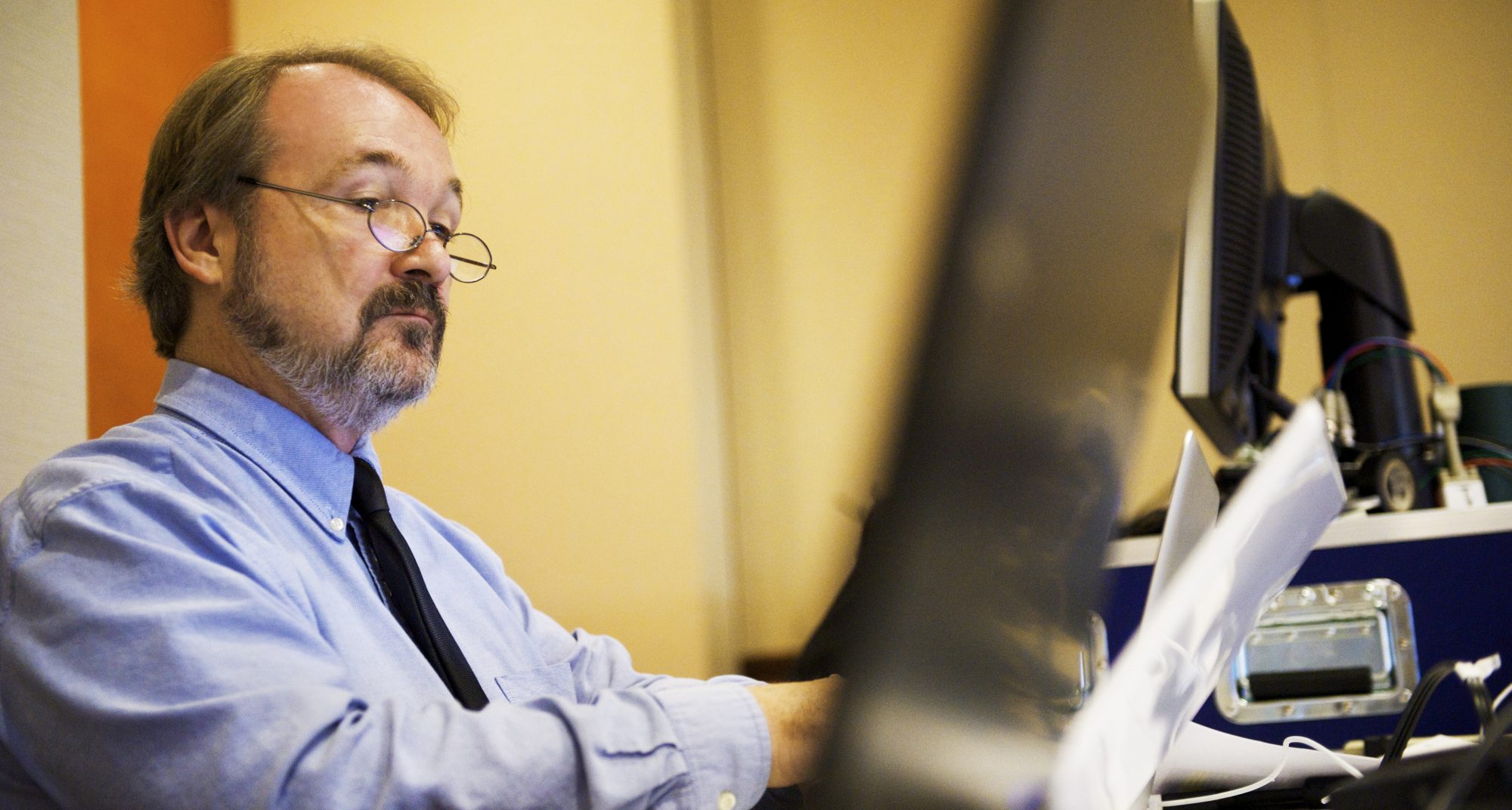I’ve lived in a lot of places. Two in Michigan, one in Texas, four in California, one in Wisconsin, one in North Carolina, one in Massachusetts, and now in Vermont. Multiple addresses in some of those cities. A total of twenty-two mailing addresses that I’ve occupied. Some of those larger moves were driven by the physical or social characteristics of the place from or the place toward, but many were driven by my participation in higher education.
First, as an undergrad. There were no four-year colleges in my hometown. I was accepted by three really good state schools that lie 112 and 169 and 530 miles from home, and chose the 530.
Then as a grad student. I was accepted to the elite doctoral program at the elite university that I’d finished my undergrad at, could have stayed in the same apartment. But I was recruited by a somewhat less elite university that had a program and people that I really came to admire. That was 2,167 miles, and a complete disruption of my ex-wife’s and my friendship networks and her work. I have apologized for that decision innumerable times.
Then as a postdoc. After six years since the conclusion of my PhD, I was desperate for any means of re-entering the intellectual community. So once again, I disrupted our lives (I was thoughtless, I admit it, but despair makes you do desperate things), and we moved 2,809 miles to the end of our marriage.
Then as a quasi-academic. When the postdoc was nearing its expiration, I found a college administrative job, and moved—at least this time by myself—702 miles north.
Most of my friends in higher education can tell you similar geographical stories.
- From Oregon to upstate New York to Wisconsin.
- From Massachusetts to New Jersey to Florida to Ohio.
- From Kolkata to Delhi to Kansas to Wisconsin to Pennsylvania.
- From Oregon to Colorado to Texas to Tennessee.
- From New York to Wisconsin to New York to Vermont.
- From Ohio to Michigan to Connecticut to Maryland to Illinois.
- From Michigan to Hawai’i to West Virginia.
Academic life demands allegiance. Allegiance to scholarly life above place, above partner, above kids in school or friends we treasure. We don’t get to choose mountains or prairies or oceanfronts. We don’t get to choose conservative or liberal neighbors, don’t get to choose wild landscape or wonderful culture.
There really aren’t that many careers like that. Military life comes to mind, of course, but we’ve known that for a long time, the term “Army brat” is part of our vernacular. Life in the arts is similar, moving from everywhere to the three gravitational poles of Los Angeles for film or New York for theater or Nashville for music. “If I can make it there, I’ll make it anywhere…”
But we don’t talk explicitly about the regular dislocations of academic life. We don’t do a good enough job being clear with our star undergraduates that going to a good doctoral program will require utter departure from family, followed by a second complete departure for an academic position. We go to sleep in the Pacific Northwest and find ourselves half awake in the Chihuahuan Desert. We exult in the rainy Northern California coast, suffer in the humid tobacco southeast. No one asks about our climate zone when we’re sold in the academic nursery, but some of us just won’t thrive where we’re planted.
So now you know. You will get to make the choice between family and academic life, between geography and academic life, between cultural affiliation and academic life. And if you choose anything other than academic life, at any moment, it’ll cut you dead.





